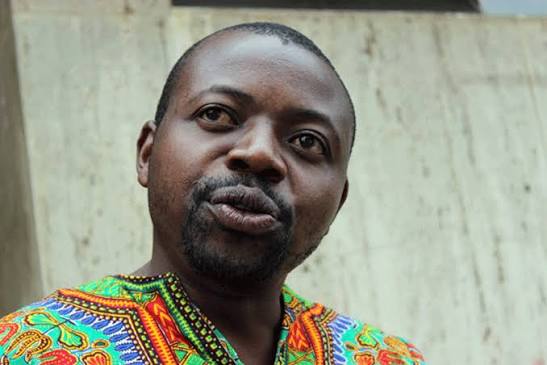By Victor Fanuel
HARARE – A staggering US$437 million contract awarded by the Zimbabwean government for cancer treatment equipment has triggered intense scrutiny, as critics accuse the administration of President Emmerson Mnangagwa of deepening a culture of corruption and patronage through the use of non-transparent procurement practices.
The four-year agreement, signed in March 2025 between the Office of the President and Cabinet and South African-registered company TTM Global Medical Exports (Pty) Ltd, is intended to deliver, install, and commission cancer treatment equipment in public hospitals across Zimbabwe.
However, what has drawn widespread criticism is not the aim of the project, but rather the process and the beneficiary.
TTM Global Medical Exports is owned and solely directed by Wicknell Chivayo, a politically connected businessman with a well-documented history of securing lucrative state tenders under opaque circumstances.
The company, incorporated only in November 2024, is registered at a hotel suite in Sandton, Johannesburg, raising red flags about its legitimacy and capacity.
Documents reveal that the US$437.28 million contract did not go through a competitive public tendering process, a breach of standard procurement protocols.
Under the agreement, the government is required to pay an annual sum of US$109.3 million, beginning with an upfront deposit of US$52.5 million, followed by monthly payments of US$9.1 million over four years.
While the contract purports to address Zimbabwe’s rising cancer burden, estimated at 8,500 new cases annually, there is no publicly available list of the equipment to be delivered, nor any disclosure of how the valuation was determined.
“This deal lacks transparency and reeks of corruption. It’s a textbook case of state capture,” a senior procurement expert familiar with the deal said on condition of anonymity.
President Mnangagwa’s unexpected visit this week to major public health facilities including Parirenyatwa Group of Hospitals, Sally Mugabe Hospital, and the NatPharm warehouse, has been widely interpreted as a public relations move designed to lend legitimacy to the deal.
During the visit, the president appeared taken aback by the deteriorating conditions.
However, analysts argue the visit was a prelude to justifying the release of public funds to a known associate under the guise of health sector reform.
The visit has been widely perceived as a publicity stunt to sanitise a massive payout to a loyal financier of the ruling party, choreographed as a response to a national crisis
The visit came barely a month after youth empowerment minister Tinoda Machakaire publicly urged the president to inspect public health institutions.
In retrospect, that plea now appears to have been part of a staged rollout to prepare the public for the controversial contract.
Chivayo’s involvement in this deal follows a well-established pattern.
In previous years, he was awarded millions by the Zimbabwe Electricity Supply Authority (ZESA) without delivering the promised power infrastructure.
He also secured US$88 million for supplying election materials, despite concerns over procedural irregularities, and falsely claimed exclusive rights to Starlink internet services in Zimbabwe.
Now, he is reportedly behind the so-called “Presidential Internet Scheme” yet another initiative shrouded in secrecy.
For many observers, Chivayo has transitioned from tender beneficiary to central operator in a patronage network that uses government contracts to divert public funds into private hands while shielding political elites from accountability.
“Wicknell Chivayo has become the face of sanctioned looting,” said a Zanu PF insider who preferred anonymity fearing victimisation.
“He is not just a contractor. He is a proxy. These deals are not accidents, they are instruments of elite self-preservation,” added the Zanu PF insider.
The contract also comes at a time when the state has imposed new levies, such as a sugar tax (Statutory Instrument 16 of 2024), purportedly to fund health services.
While conditions in hospitals remain dire, healthcare stakeholders are questioning whether such funds will truly be used for their intended purpose, or simply funneled to politically connected individuals.
While the government has yet to respond in detail to the allegations surrounding the cancer equipment deal, calls for a parliamentary probe and audits are mounting.



